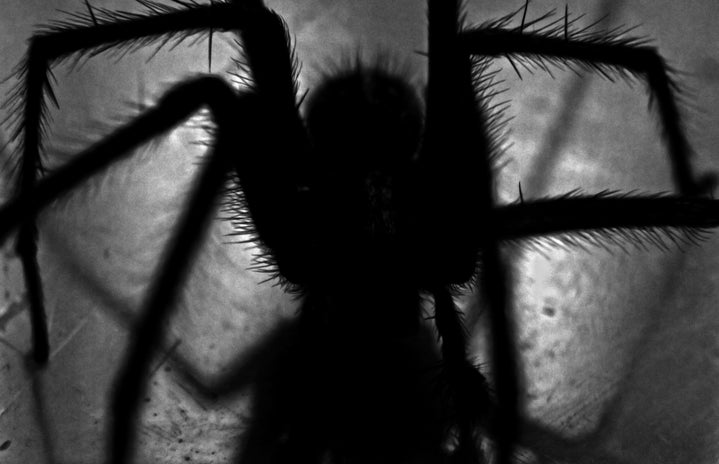As Halloween creeps up on us-pun intended, the quest to find the perfect costume ensues. While this time of year is filled with carving jack-o-lanterns, consuming countless amounts of candy, and watching spooky movies, Halloween season should not be frightening in a way that people fear their cultures being paraded around and mocked in costume form.
We have all been to a party where someone comes dressed in a poncho and sombrero, with a bottle of tequila in hand claiming to be a “Mexican” for Halloween. Whether it’s in the form of an “Indian Chief”, a “Gypsy”, or a “Geisha”, dressing up as a person from a different culture reaffirms racial stereotypes and the idea that these people are some sort of mythological creature that does not exist in the real world.
Cultural appropriation is the term coined for using aspects of another culture, such as clothing, hairstyles, and practices without holding any deeper or spiritual significance to them. Cultural appropriation is something people of color combat not only on Halloween but in everyday life. For example, hairstyles like dreadlocks, and cornrows are symbols of specific African and Caribbean cultures and when worn by people without any ties to these cultures, it is seen as disrespectful exploitation.
The fine line that exists between cultural appreciation and cultural appropriation is a source of confusion for many, often leading to unintentional appropriation. The clarification lies in the intent and context of the use of culture. For example, wearing a sari to an event when visiting India to show respect and tribute to the culture is regarded as appreciation, while wearing a turban and fake bomb strapped across one’s chest to represent a Muslim at a costume party is an abhorrently racist example of cultural appropriation.
If you find yourself in a situation where you feel the action of yours may make someone uncomfortable, a good rule of thumb is to not do it, just like everything else in life. At the end of the day, it is always important to respect one another, just like we learned in kindergarten. However, it is encouraged to do your research anyway in order to gain a better understanding as to what is acceptable and why people feel this way. But just for educational purposes, certain costume ideas to stay far, far away from this Halloween include dressing as a particular ethnic group, any stereotype surrounding a group of people, and this should go without saying but, anything in black or brown face.
Let’s aim to make this Halloween the best one yet, where no one feels culturally disrespected and everyone is able to enjoy the holiday.



